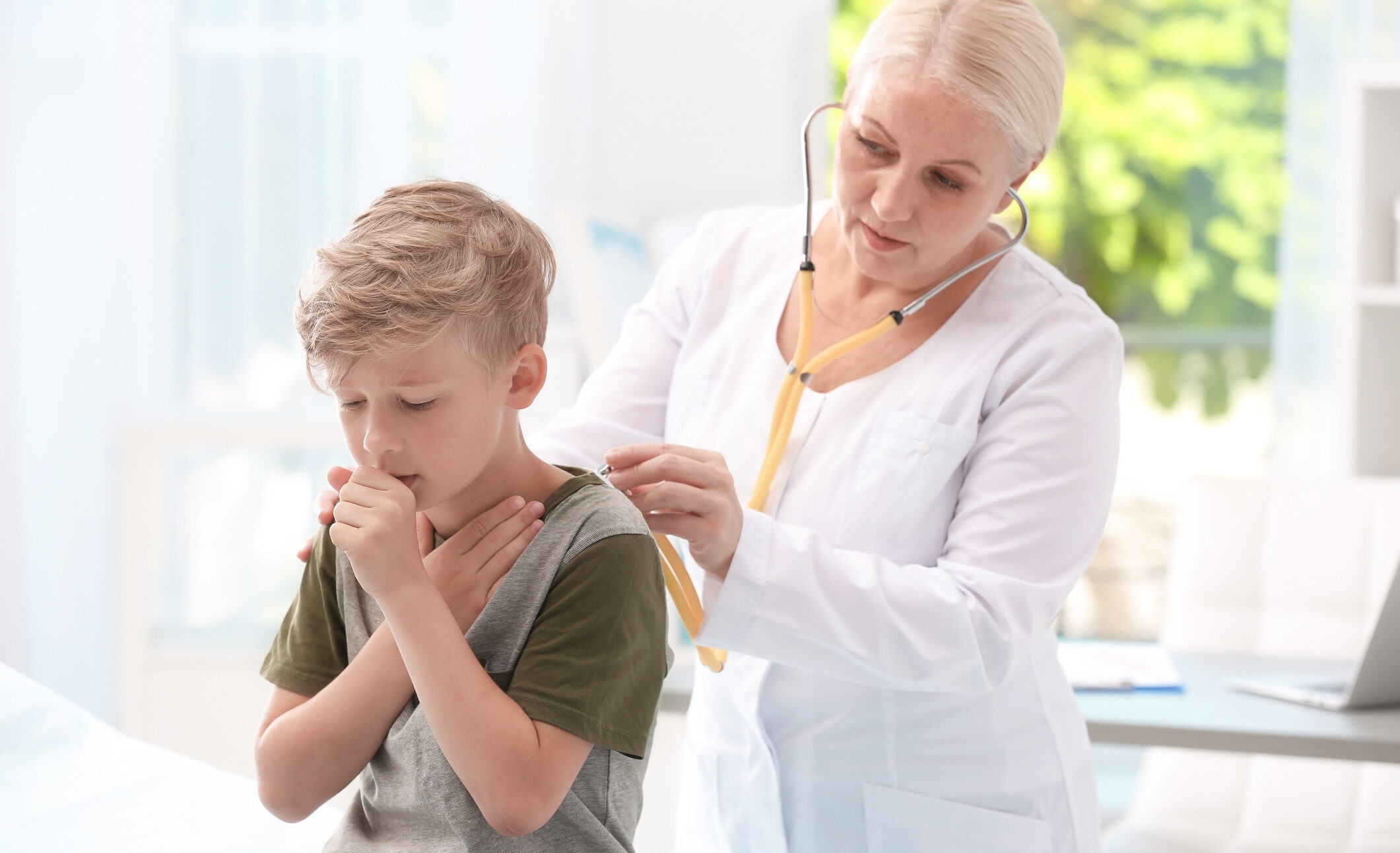The Sunshine Coast Public Health Unit is sending letters of guidance to parents of students, after a dramatic increase in the number of locals suffering from a bacterial infection.
There have already been 27 cases of pertussis, more commonly known as whooping cough, recorded in the region this year.
That’s more than half of the yearly average number of cases (52), in just over a month.
It’s one of two bugs sweeping through the Sunshine Coast. The other is a bowel infection called cryptosporidiosis.
Dr Nicolas Smoll said health officials were taking action to curb the spread of whooping cough.
“The Sunshine Coast Public Health Unit is going to be sending out letters to parents of children who are school-aged, so expect to see those letters in the next two or three days,” he said.
“Essentially, those letters will raise awareness for pertussis being in the community and give parents some guidance on how to get tested and what to do.”

He said the infection was making its presence felt in the region and he urged people to be vigilant and to take preventative measures.
“We’re noticing in it in school-aged kids, but we are also noticing it all across the Sunshine Coast, in adults and in children,” he said.
“It’s typically worse in the unvaccinated child, which is why we’re hoping everyone can get vaccinated if they’re not vaccinated at the moment.”
He said people with pertussis showed obvious signs of it.
“The classic symptom is the barking cough. It’s a very deep and violent cough that can go for a long time and sometimes people vomit after the cough,” he said.
“If a parent thinks their child has whooping cough we’d like them to go to a GP and they get tested.
“It’s a test that’s similar to the COVID test: a swab that goes into the nose or throat, and specifically tests for pertussis.”
Dr Smoll said people often mistakenly think whooping cough is a viral illness.
“This is not a virus, it’s a bacteria and it can spread for a long period of time, so early diagnosis means we can treat it with antibiotics and thus reduce the period of time the person is spreading the illness,” he said.

He said infected people could play a key role in stopping its reach.
“Get it diagnosed early with the swab and then get treatment early,” he said.
“We’d like you to stay home and avoid contact with really young children that are not immunised, as well as staying away from anyone who is immunocompromised because it spreads pretty easily.
“It’s spread by respiratory droplets, which means it’s very similar to the way COVID is spread.
“Wearing a mask, washing your hands, good hand hygiene and social distancing also applies to pertussis.”
Meanwhile, several Sunshine Coast locals are feeling the affects of cryptosporidiosis.
“We’re seeing a resurgence in crypto,” Dr Smoll said.
“It’s a bug that’s typically transmitted in poo particles and it’s an illness that causes quite a severe bout of gastro.”
He said people with crypto can take a few measures to counter it and stop if from spreading.
“Try to keep your fluids up and avoid dehydration … keep your hands clean and stay home if you’ve got a really bad case of it,” he said.
Local journalists supporting local people. Help keep independent and fair Sunshine Coast news coming by subscribing to our FREE daily news feed. All it requires is your name and email at the bottom of this article.





